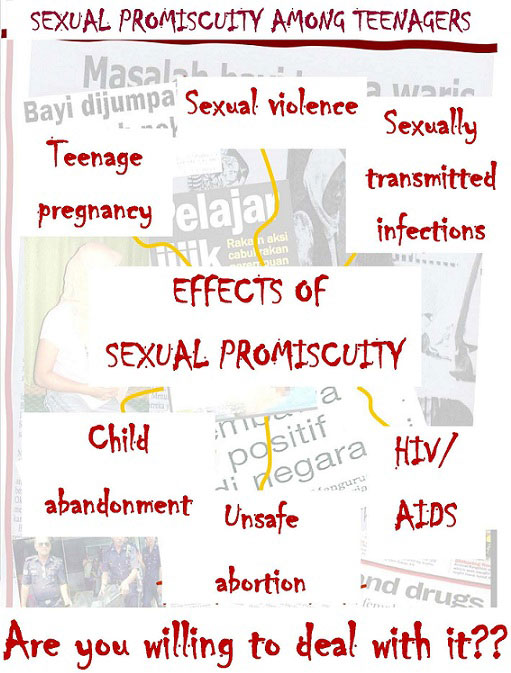
The Profound Effects of Teenage Pregnancy: A Comprehensive Analysis
Teenage pregnancy, a global concern, has far-reaching consequences that profoundly impact the lives of young mothers, their children, and society as a whole. This article delves into the multifaceted effects of teenage pregnancy, examining its physical, psychological, social, and economic ramifications.
Physical Consequences
Teenage mothers face numerous physical risks associated with pregnancy and childbirth. Their bodies are still developing, making them more susceptible to complications such as premature birth, low birth weight, and preeclampsia. Additionally, teenage mothers are more likely to experience anemia, infections, and postpartum depression.
Psychological Consequences
Teenage pregnancy can have a profound impact on the mental health of young mothers. They may experience feelings of shame, guilt, and isolation. The stress of pregnancy and parenting can lead to anxiety, depression, and low self-esteem. Teenage mothers are also at an increased risk of suicidal thoughts and behaviors.
Social Consequences
Teenage pregnancy often disrupts the educational and social development of young mothers. They may drop out of school, which limits their future employment opportunities and earning potential. Teenage mothers are also more likely to experience poverty, homelessness, and involvement in the criminal justice system.
Economic Consequences
Teenage pregnancy places a significant economic burden on society. The costs of prenatal care, delivery, and postpartum care are substantial. Additionally, teenage mothers are more likely to rely on government assistance programs, which further strains public resources.
Impact on Children
Children born to teenage mothers face their own set of challenges. They are more likely to be premature, have low birth weight, and experience developmental delays. Children of teenage mothers are also at an increased risk of poverty, child abuse, and neglect.
Contributing Factors
Teenage pregnancy is a complex issue with multiple contributing factors. These include:
- Lack of education and access to contraception: Many teenage pregnancies occur due to a lack of knowledge about reproductive health and access to contraception.
- Peer pressure and social norms: In some cultures, teenage pregnancy is seen as acceptable or even desirable, which can influence young people’s behavior.
- Family dysfunction: Teenage mothers often come from families with low income, poor parental supervision, and a history of abuse or neglect.
- Mental health issues: Teenage mothers are more likely to have experienced mental health problems, such as depression or anxiety, which can impair their judgment and decision-making abilities.
Prevention and Intervention
Preventing teenage pregnancy requires a multifaceted approach that addresses both the underlying causes and the consequences. Effective prevention strategies include:
- Comprehensive sex education: Providing young people with accurate information about reproductive health and contraception is crucial.
- Access to contraception: Making contraception easily accessible and affordable for teenagers is essential.
- Support for families: Strengthening families through economic assistance, parenting education, and mental health services can help reduce the risk of teenage pregnancy.
- Mentoring and peer support: Providing teenage mothers with mentors and peer support groups can offer emotional and practical support.
Conclusion
Teenage pregnancy is a significant public health concern with far-reaching consequences. It impacts the physical, psychological, social, and economic well-being of young mothers, their children, and society as a whole. Preventing teenage pregnancy requires a comprehensive approach that addresses both the underlying causes and the consequences. By investing in education, contraception, family support, and mentoring programs, we can empower young people to make informed choices and reduce the incidence of teenage pregnancy.